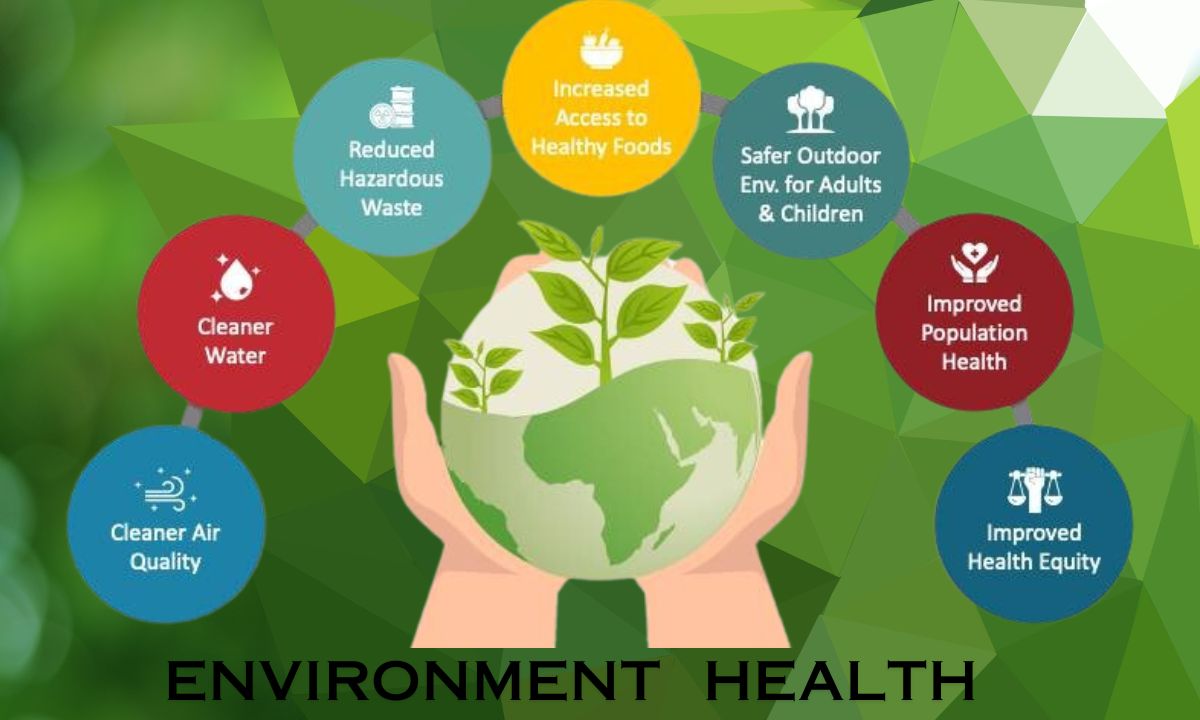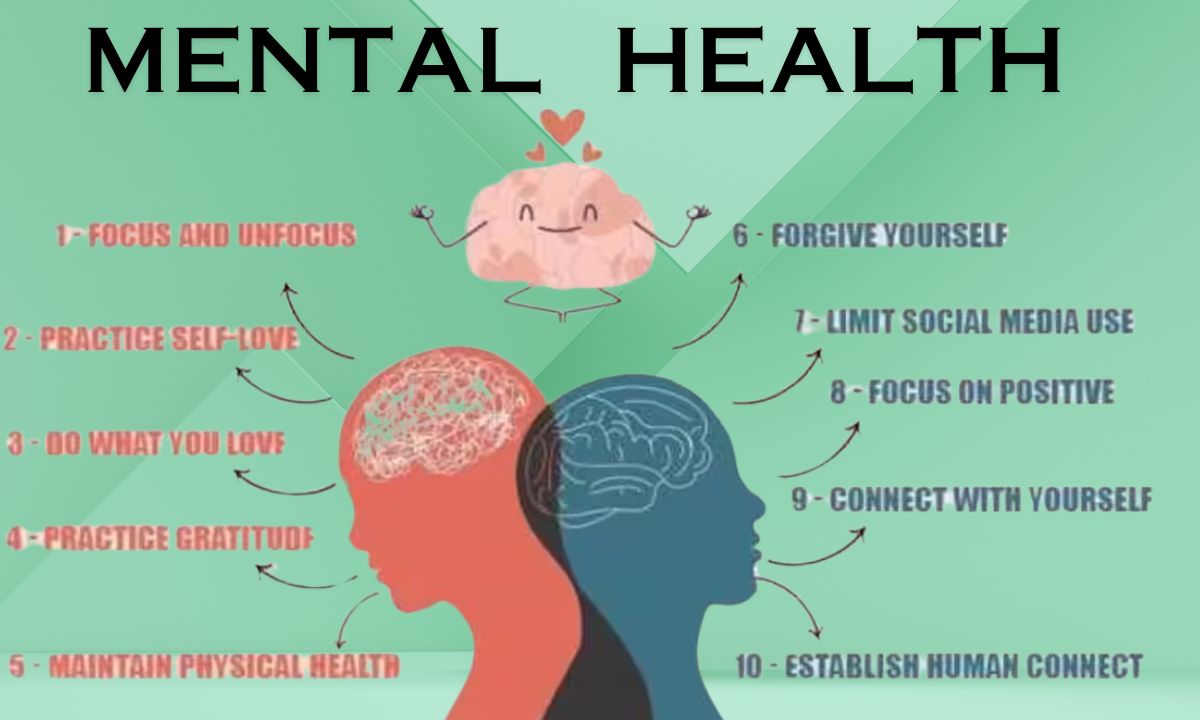Physical fitness cpmponent is much more than exercising, as it includes starting from out of bed to ending a particular activity at the end of the day. It refers to the ability of body systems to work together efficiently to perform day-to-day activities easily.
Physical fitness is “the ability to carry out daily tasks with vigor and alertness, without undue fatigue, and with ample energy to enjoy leisure-time pursuits and respond to emergencies”, according to the Centers for Disease Control and Prevention (CDC).
Physical Health
Physical health is all about taking care of your body to keep it functioning well and feeling good. It involves several key aspects:

Exercise
Regular physical activity helps maintain a healthy weight, strengthens muscles and bones, improves cardiovascular health, and boosts your mood.
Nutrition
Eating a balanced diet with a variety of nutrients supports overall health. This includes consuming plenty of fruits, vegetables, whole grains, lean proteins, and healthy fats.
Sleep
Quality sleep is essential for physical health. It allows your body to repair and rejuvenate, supports cognitive function, and helps regulate hormones.
Hydration
Drinking enough water is crucial for maintaining bodily functions, from digestion to temperature regulation.
Preventive Care
Regular check-ups with healthcare providers, vaccinations, and screenings can help catch potential issues early and maintain overall health.
Stress Management
Chronic stress can negatively impact physical health, so finding healthy ways to manage stress, such as through relaxation techniques or hobbies, is important.
Avoiding Harmful Behaviors
Avoiding excessive alcohol consumption, smoking, and drug use can prevent a range of health problems.
Social Health
Social health can be defined as our ability to interact and form meaningful relationships with others. It also relates to how comfortably we can adapt in social situations. Social relationships have an impact on our mental health, physical health and mortality risk.
Over the years, sociologists have created a link between social relationships and health outcomes. Studies are showing that social relationships both quality and quantity are having short and long-term effects on our health.
Healthy Relationships
Building and maintaining positive, supportive relationships with family, friends, and colleagues. These relationships provide emotional support, companionship, and a sense of belonging.
Effective Communication
Being able to express yourself clearly and listen actively to others. Good communication helps resolve conflicts, build trust, and strengthen relationships.
Social Support
Having a network of people who offer support during challenging times. This can include friends, family, mentors, or support groups.
Community Engagement
Participating in community activities and contributing to social causes. This involvement can foster a sense of purpose and connection.
Boundaries
Setting and respecting personal boundaries is crucial for healthy relationships. This includes understanding and communicating your needs and respecting the needs of others.
Social Skills
Developing skills like empathy, cooperation, and conflict resolution helps navigate social interactions more effectively.
Balance
Managing the balance between social interactions and personal time. Both social engagement and solitude are important for maintaining well-being.
Environmental Health
Healthier environments could prevent almost one quarter of the global burden of disease. The COVID-19 pandemic is a further reminder of the delicate relationship between people and our planet.

Clean air, stable climate, adequate water, sanitation and hygiene, safe use of chemicals, protection from radiation, healthy and safe workplaces, sound agricultural practices, health-supportive cities and built environments, and a preserved nature are all prerequisites for good health.
We need safe, healthy and supportive environments for good health. The environment in which we live is a major determinant of our health and wellbeing. We depend on the environment for energy and the materials needed to sustain life, such as:
clean air
safe drinking water
nutritious food
safe places to live.
Emotional Health
Emotional health refers to how someone thinks and feels, and includes their ability to cope with life events, their sense of well-being, and how they acknowledge their emotions and those of others. Emotional health does not mean that someone is happy at all times, but that they can acknowledge and process the various emotions felt on a daily basis.
Emotional health is a skill that can be strengthened, and some ways to maintain or improve emotional health include:
Thinking before acting
Being aware of emotions and reactions
Managing stress
Expressing feelings in appropriate ways
Taking care of physical health
Striving for balance
Finding purpose and meaning
Connecting with others
Staying positive
Emotional health is an important aspect of a person’s overall health because those who are emotionally healthy can control their feelings, thoughts, and behaviors. Additionally, those in good emotional health can better cope with the challenges they encounter while more easily bouncing back from setbacks.
Good emotional health is also a vital contributor to good relationships, which eases poor mental health that can result from loneliness. Emotional health can also affect physical health by lowering blood pressure, promoting a healthier weight, and reducing the risk of heart disease.
Spiritual Health
Spirit is what can not be defined as part of the body or as part of the mind. Body, mind, and spirit all have an affect on one and other. By improving your spiritual life you can contribute to the healing process. Spirituality may not be able to cure you, but it can help to cope with the pain and difficulties that accompany illness. Spiritual health is achieved when you feel at peace with life. It is when you are able to find hope and comfort in even the hardest of times. It can help to support you as you experience life completely. Spirituality is different for everyone.

Some benefits include:
Increased ability to find meaning in the midst of illness, injury and trauma
Increased ability to accept lived experience
Increased ability to cope with pain, nausea and discomfort
Improved sense of well-being
Improved motivation to complete the tasks of healing
Decreased feelings of anxiety, depression and anger
Decreased feelings of loneliness
Decreased alcohol and drug abuse
Decreased use of invasive technology and life-prolonging treatment at end of life
Greater use of palliative care at end of life
Shorter hospital stays
Increased patient satisfaction
Intellectual/Mental Health
Mental & intellectual health encourages engaging in stimulating creative and mental activities and developing knowledge and skills. It involves discovering your potential for sharing your gifts with the world in meaningful ways.
Using your mind to create a greater understanding of yourself
Discovering your potential and sharing your gifts
A commitment to lifelong learning, engaging in creative activities, learning new things, expanding knowledge, improving skills, seeking challenges, participating in stimulating creative and mental activities
Problem solving, critical thinking, adaptation to change.
Mental health can affect a person’s day-to-day life, relationships, and physical health. External factors in people’s lives and relationships can also contribute to their mental well-being.
Stress, depression, and anxiety can affect mental health and may disrupt a person’s routine.
Although healthcare professionals often use the term “mental health,” doctors recognize that many mental health conditions have physical roots.
This article explains what mental health and mental health conditions mean. It also
describes the most common types of mental health disorders, including their early signs and how to treat them.



